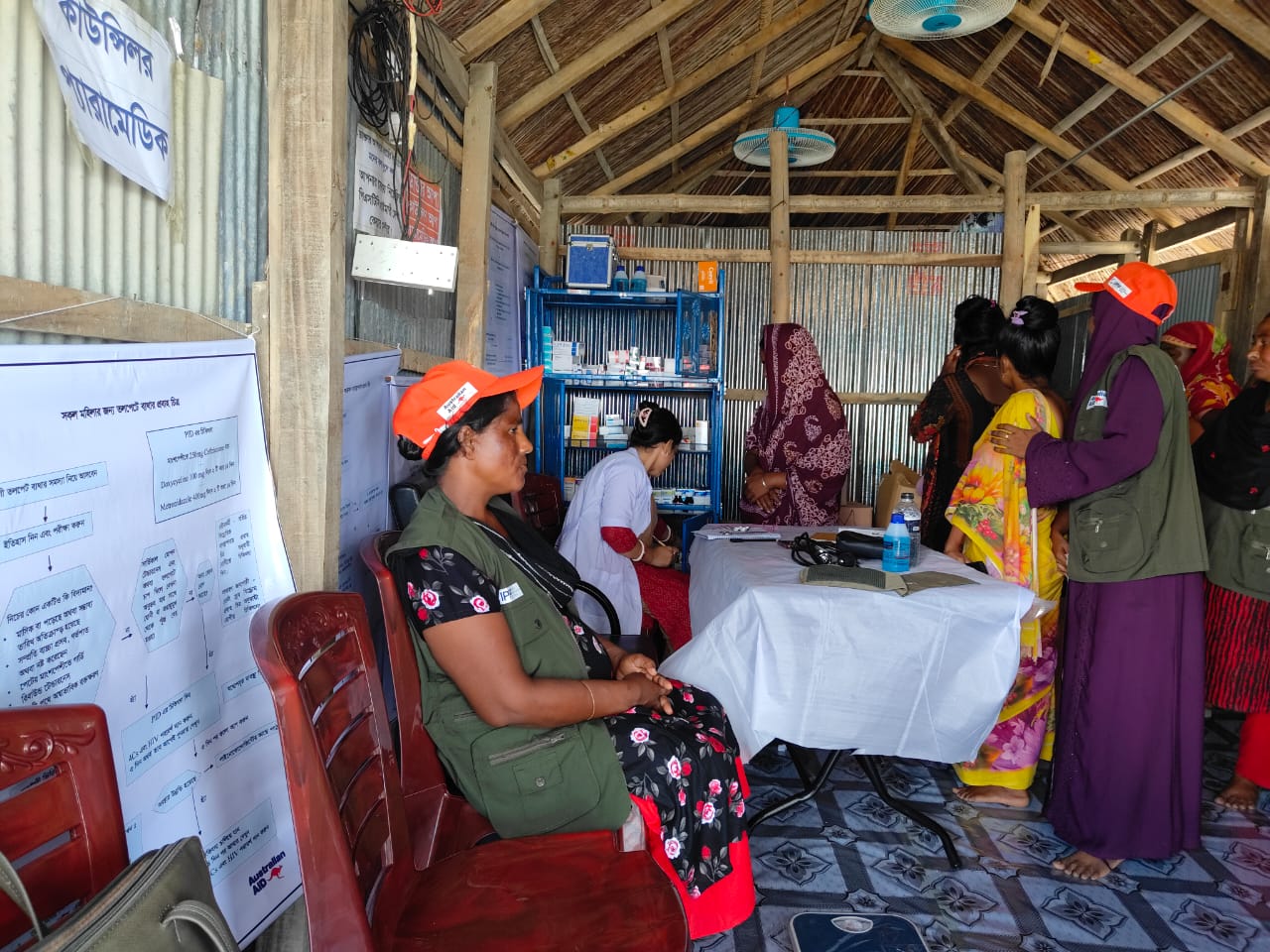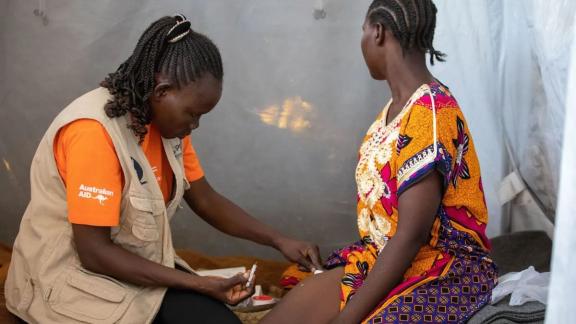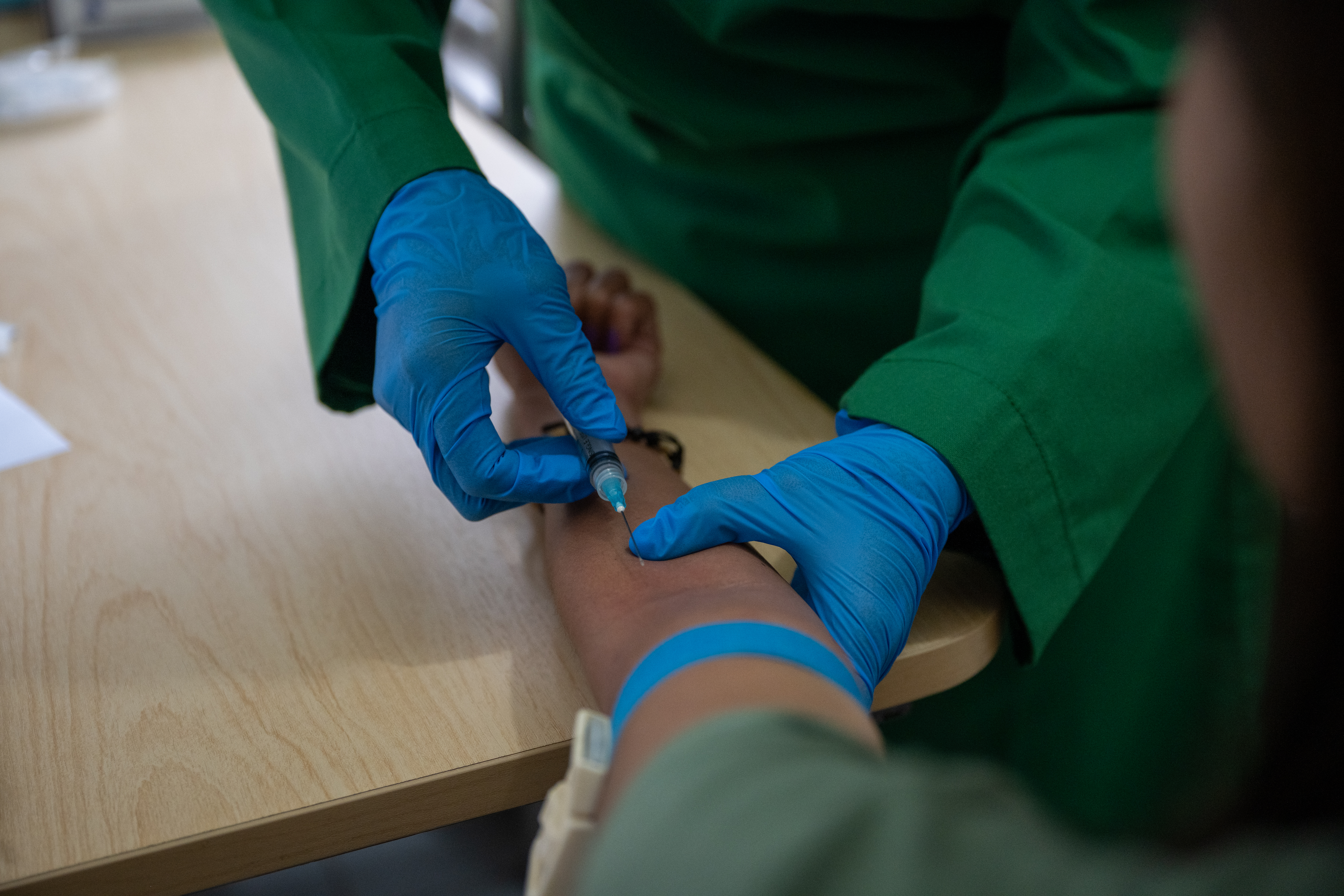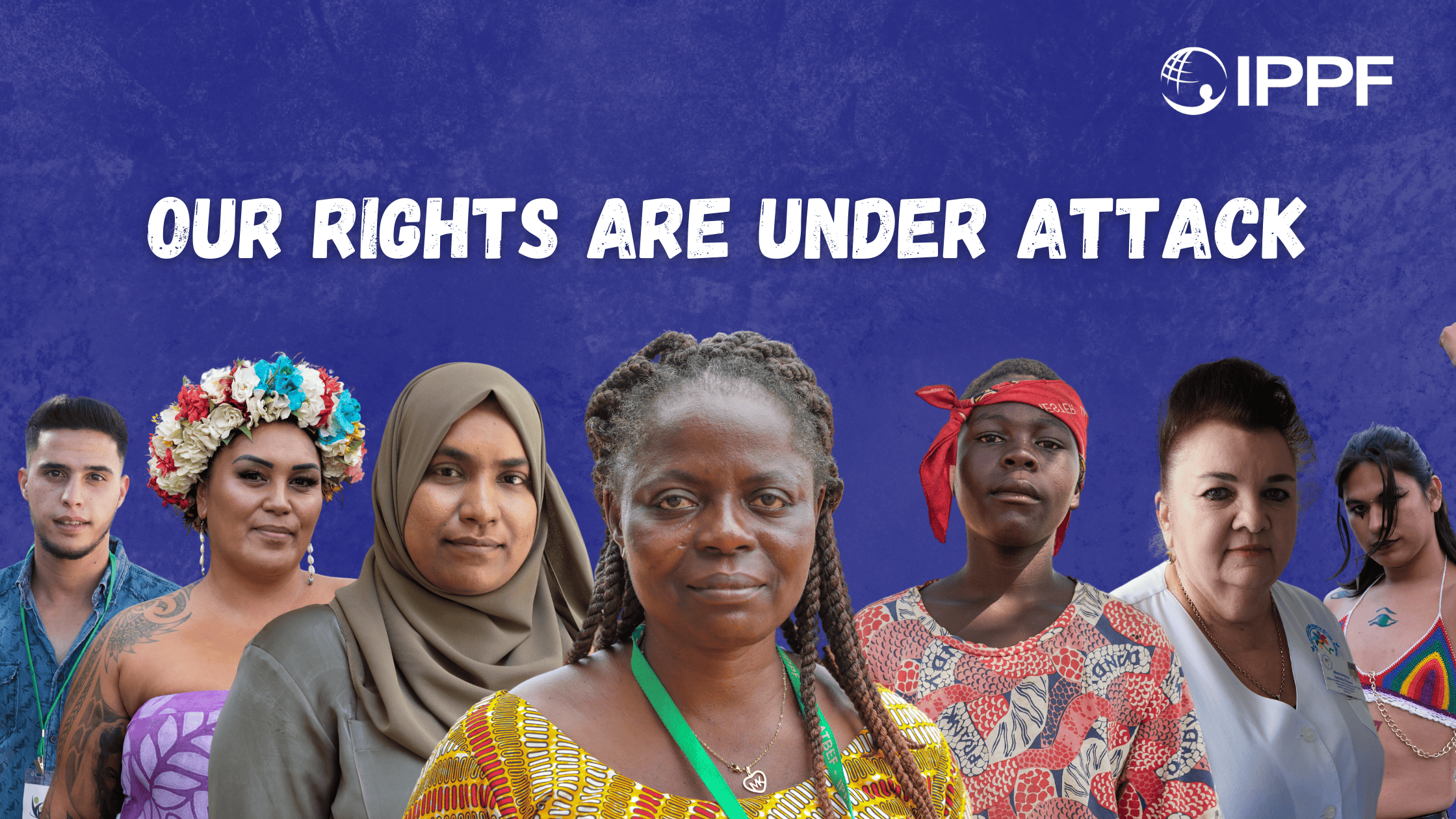After decades of providing crucial support to underserved communities worldwide, the United States has drastically rolled back its support for global health, pulling funding from programmes that millions of people had relied on for essential care. This includes life-saving family planning and reproductive health services.
In reality, the U.S. isn’t just scaling back. The extent of the cuts are almost a cancellation of U.S. foreign assistance altogether. Indeed, while the Global Gag Rule has long been a political football - reinstated with every Republican administration since Reagan – it is meaningless amidst the wider destruction being caused now. Trump has enacted a swathe of policies that demonstrate zero regard for rule of law, democratic process, or internationally agreed human rights conventions.
We’re seeing a coordinated dismantling of the entire aid ecosystem: stop-work orders, sweeping anti-DEI cuts, the dissolution of USAID and termination of almost all of its contracts, the defunding of the United Nations Population Fund (UNFPA) and other UN agencies, removal from climate commitments, and the withdrawal of the US from the World Health Organisation. The consequences are immediate and devastating, especially for women, girls, LGBTQI+ people, and marginalised communities across the world who are already facing severe hardship. Put simply, the actions of the Trump Administration have made it profoundly harder for people to access the essential sexual and reproductive health care they need.

Our Global Survey
To better document this impact, IPPF rolled out a Federation wide survey with its national partners (Member Associations) in February 2025. The findings are unsurprisingly alarming. IPPF estimates that over $85 million in organisational funding is affected, with 61% of responding partners facing cuts. The impact of the funding cuts is widespread, immediate, and deeply unjust. Nearly 4,000 of our health care sites have either closed or are at risk or doing so. Over 1,700 frontline staff at country level could lose their jobs or already have. As a result, our initial estimates suggest our country partners will reach roughly 8.5 million fewer people with sexual and reproductive health care that they had depended on.
Country-level Impacts
IPPF’s frontline partners continue to do everything they can to serve women, girls, and marginalised groups. This is often with fewer resources, dwindling supplies, and against rising tides of anti-rights rhetoric and increasing attacks.
Take Malawi, for example. Nearly 50% of FPAM’s 2025 budget is now at risk. 211 clinics face closure and 27% of staff could lose their jobs.
“As Executive Director of the Family Planning Association of Malawi, I have been forced to stop work on several lifesaving sexual and reproductive health projects since the United States froze our funding from USAID. The impact was immediate and dire. On average, my IPPF Member Association provides services to 50 sites across Malawi. All 50 were forced to suspend or close services. That means, if the Executive Order remains, about 172,000 women and girls will not have access to essential care.
Malawi is almost certain to see an increase in both unintended pregnancy and maternal mortality as a result of this Executive Order. Organizations like mine have worked for years to reduce preventable maternal deaths—and with the sweep of a presidential pen, Donald Trump has threatened to undo that progress. A lot of women and girls have been left without access to time-sensitive SRHR services, placing them at high risk of unintended pregnancies and HIV infections. This is likely to affect the reputation of the organisation—losing community trust and confidence,” said Donald Makwakwa.
In Venezuela, funding cuts are threatening critical care for thousands.
An estimated $229,650 in project funding, roughly 20–30% of the Member Association’s 2025 budget, is at risk due to U.S. funding reductions.
These cuts will jeopardise 10% of their sexual and reproductive health services, with 30% of staff positions on the line. That’s not just a budget line, it’s our doctors, nurses, counsellors, and care workers.
Up to 2,500 clients are expected to lose access to essential SRHR services. This is especially alarming in a country where this Member Association remains one of the few organisations offering support for survivors of sexual and gender-based violence, particularly among migrating women and girls who already face immense vulnerability.
In Bangladesh, both of IPPF’s partners are facing severe impacts from US funding cuts. Each estimate that between 30 to 40% of their total budget for 2025 is now at risk.
One of our partners, Population Services and Training Center (PSTC), reports that at least 14% of its workforce is at risk. The cuts also jeopardise 31% of PSTC’s sexual and reproductive health services, including the possible closure of 33 service delivery points that currently provide essential care to communities in need.
How we're responding
A Harm Mitigation Task Force has been activated to assess the evolving crisis and fast-track emergency funding to the most severely impacted Member Associations and Collaborative Partners. The first round of grants will be disbursed in April 2025, to help ensure that essential healthcare services and access to life-saving health commodities continue without interruption.
To support our Emergency Fund for IPPF Member Associations and Collaborative Partners most impacted by the funding cuts, click here.
To read our Press Release on the survey findings, click here.
when
Subject
Sexual Health, Maternal Healthcare

The definitive closure of the Kulawa USAID project on February 27, 2025, seriously harms our ability to provide SRH services and is a great disappointment for the communities that trust us. We are no longer able to provide them with our services in two large regions of Niger where SRH indicators are at their lowest. We are also losing our staff that we had trained. It is a real shame because the c ...















